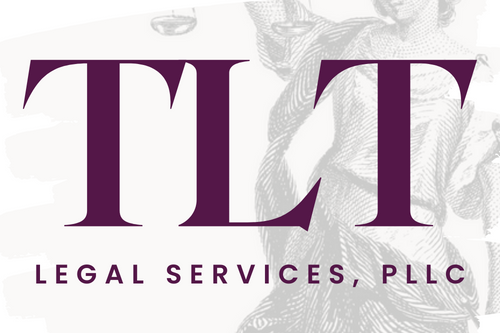When is an accident covered by insurance?
In DC, Maryland, and Virginia an accident is almost always covered by insurance, as long as you or the person that hit you has coverage.
The better question is how to understand your insurance coverage and what each coverage affords.
Personal Injury Claims
The primary coverage we look for as personal injury attorneys is bodily injury liability coverage. This is the insurance coverage that compensates an injured person for their medical bills, wage loss, and pain and suffering.
If the person who hurt you doesn’t have enough coverage for your injuries, then we look to your own policy for underinsured motorist liability coverage. Depending on your policy, this amount can be supplemental to the amount of bodily injury liability coverage or in addition to that amount. It is important that you know what type of coverage your state lets you choose and what type of coverage you chose.
What if the driver who hit you doesn’t have any insurance coverage? Then you look to any insurance policy that covers you for uninsured motorist liability coverage.
Medical Expense Benefits and PIP
Many states allow you to select no-fault coverage to help pay your medical bills. This type of coverage pays for medical expenses or wage loss regardless of who is at fault.
In some states this coverage is mandatory and the primary payer of all medical bills. In other states the coverage is optional. When the coverage is optional, then oftentimes your health insurance is the primary payer of medical bills.
If you have PIP or Medical Expense Benefits on your car insurance policy, you should be able to collect those benefits even if you are at fault.
Property Damage
If you’re worried about getting your car fixed, then you’ll look for property damage liability coverage on the car of the person who hit you. This coverage will also reimburse you for any personal property damaged (like electronics or car seats) and provide a rental car for you.
Sometimes the insurance company is taking too long to determine who is at fault or you just trust your own company more. In that case you can get your car repaired using your own collision coverage. This coverage will not reimburse your personal property damage. Collision coverage usually has a deductible – an out-of-pocket cost you must pay before insurance will pay.
Rental Coverage on your own policy is also separate and often capped at up to $900. When that rental coverage runs out, you need to pay the difference for your car rental.
When someone else is at fault, you can get your car repaired through your own collision and rental coverages. Then, get reimbursed your out-of-pocket costs (like your deductible) from the other person’s car insurance policy.

